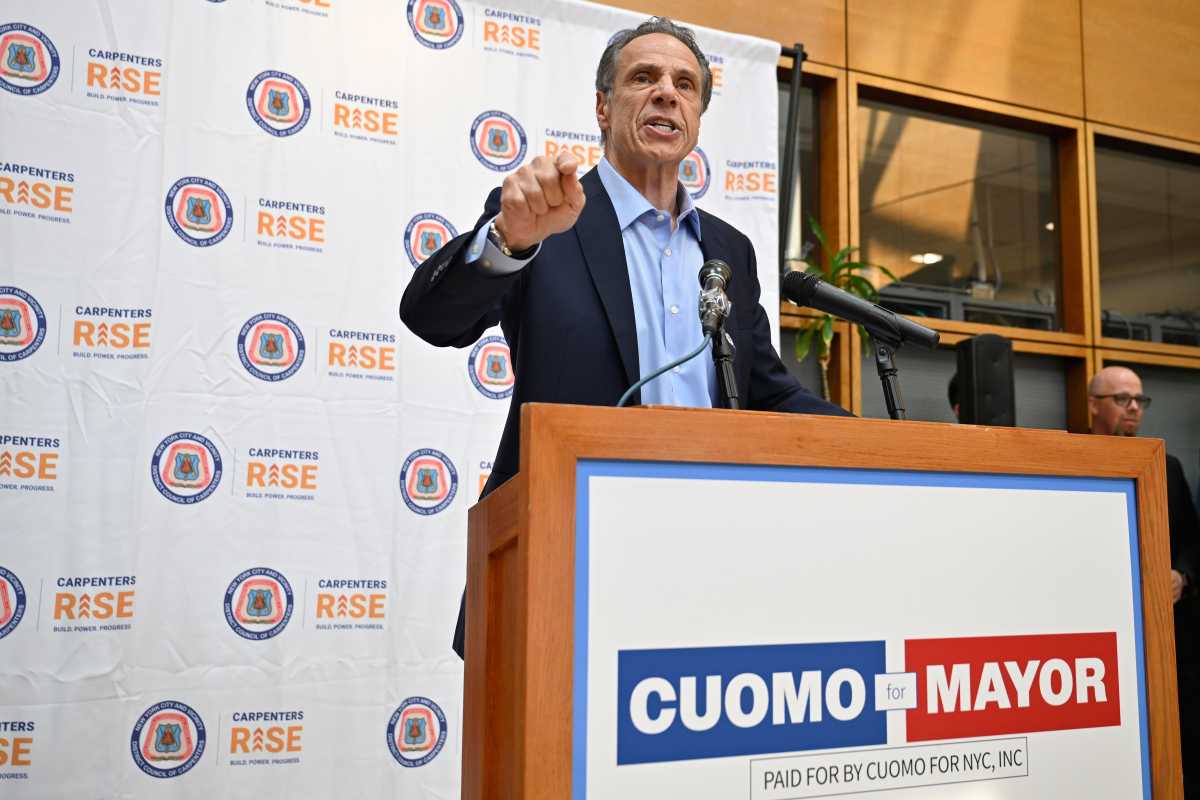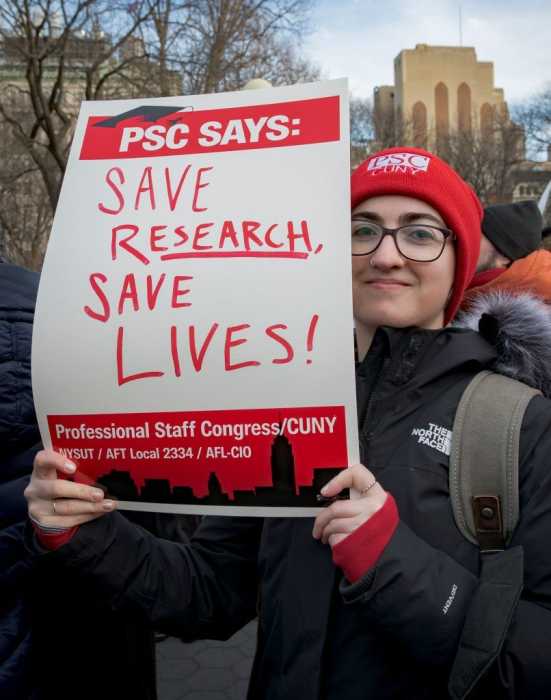By Bill Lewis
As we observe the 2016 presidential campaign at this time, it is certainly an unusual campaign. In the Democratic Party, Hillary Clinton seems to have the nomination sewed up, as her two opponents seem to have no chance of making significant gains in the polls high enough to seriously challenge her.
In the Republican Party we started out with 17 candidates, although a number of them have dropped out. This type of situation has not occurred in the past. The question is, will this primary, with two levels of candidates appearing for debates, lead to a political atmosphere that is less than effective?
Since World War II, it has been the Democratic Party that has been looked upon as divisive and fractionalized. That was certainly true in 1948 when the Democratic Party ran as three different political parties with three different presidential candidates. The organization candidate, Harry Truman, won the race by a narrow margin. The Democratic Party also had a significant number of candidates competing for the party nomination in 1972 and 1976.
The Republican Party during the years leading up to 1980 had many, many candidates. In 1980 Ronald Reagan won the nomination and then won the two presidential elections after that. Today we face a new challenge in the Republican Party with more different factions vying for power within party circles.
In Congress there are numerous Republican factions, but they all agreed to compromise thanks to House Speaker Paul Ryan.
Usually when there are three or four parties running in a national election, these parties have broken off from the two major parties, as occurred in 1948 in the Democratic Party and in 1912 when a third party emerged, led by Theodore Roosevelt. However, after these campaigns ended the major party candidates won.
When choosing party nominees, some type of democratic system should be worked out so that the number of candidates would be more manageable.
In addition to this we really need a shorter campaign both for the primary and general election. These things could contribute to a more effective election process.
In Great Britain, national elections by law run for three weeks. I am not saying that we should adopt that system but the process could be improved. During the election cycle every four years, the most interest in politics is generated. That will be true next year and the interest will be put into the election by the voters.
We have a strong democracy in our country, but there is always room for improvement as we move forward in the 21st century. Let us hope that the national election next year will bring us the best government in 2017.




































